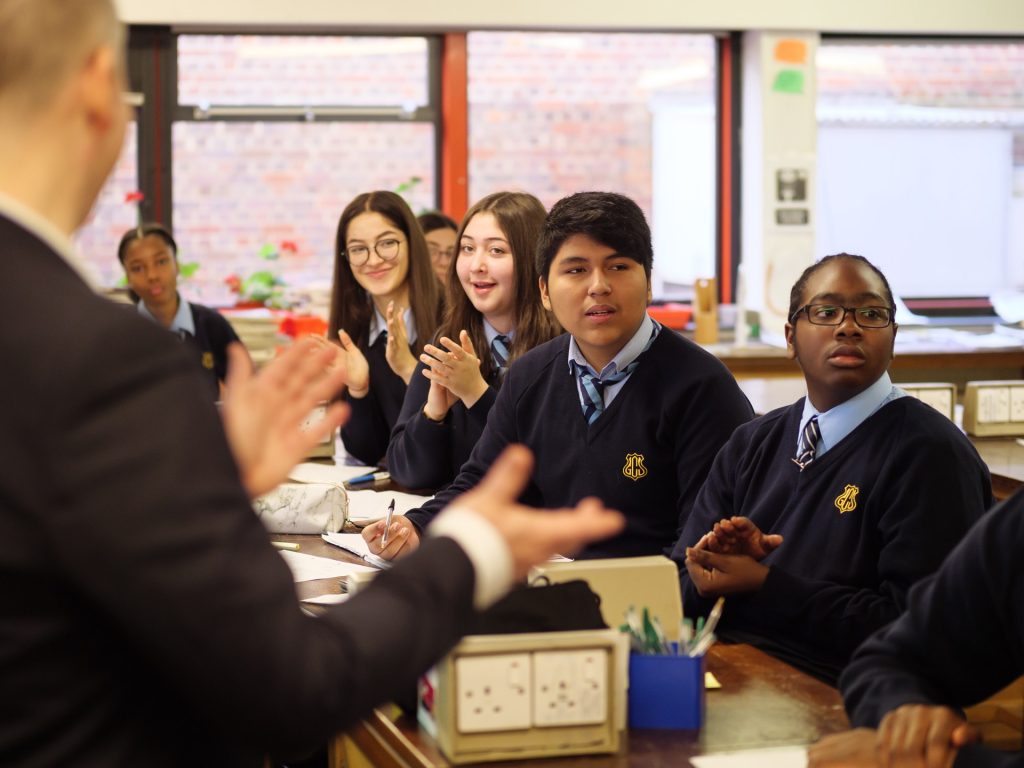England’s invisible teenagers: how should we support the 10,000 14 to 16-year-olds in FE colleges?
By IOE Blog Editor, on 7 October 2022

Credit: Cultura Creative / Adobe Stock
Lynne Rogers and Catherine Sezen.
More than 100 of the 228 colleges[1] in England provide education for 14-16-year-olds who have found that mainstream school does not meet their needs. The 10,000 plus young people who take up these places are often overlooked, even invisible, in policy terms, falling between school and Further Education (FE).
Research on the combined experience of these students is non-existent. There is no coherent understanding of the curriculum and wider support offered, whether this varies according to local decision-making arrangements and what factors contribute to success or otherwise. What we do know is that the likelihood of many of these young people dropping out and becoming ‘not in (more…)
 Close
Close











